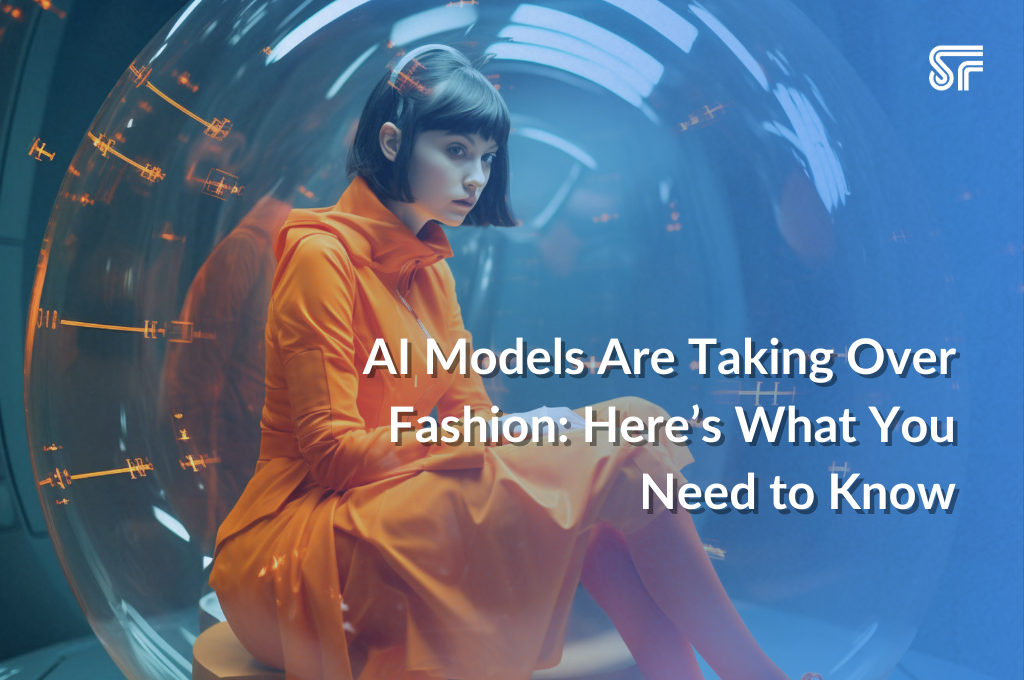AI Models Are Taking Over Fashion: Here’s What You Need to Know
The Rise of AI-Generated Models in Modern Fashion Campaigns
In recent years, AI-generated models have emerged as a transformative force in the fashion industry. These digital models provide a groundbreaking approach to fashion campaigns, offering fashion brands an efficient and cost-effective alternative to traditional human models. With AI technology rapidly advancing, designers and marketers are increasingly using these virtual models in advertising and marketing materials. The appeal of AI-generated models lies not only in their low production costs but also in their ability to adapt to various brand aesthetics without the limitations that come with human models.
As fashion houses experiment with AI-driven imagery, they can create a wider range of styles and visual narratives that appeal to diverse audiences. AI-generated models offer a level of precision and flexibility that traditional human models simply cannot. Brands can fine-tune every aspect of these virtual models, including their poses, facial expressions, and even skin tones, making it easier for brands to create inclusive and diverse marketing content. This flexibility leads to faster campaign rollouts, as AI models can be created in less time than organizing photoshoots with human models, allowing companies to meet fast-paced consumer demands.
The widespread adoption of AI-generated models in fashion campaigns signals a new era of digital marketing and brand representation. Virtual models like those used by brands such as Mango are gaining significant traction for their ability to depict different body types, skin colors, and even virtual fashion trends. By using AI models, companies can streamline their operations and target global audiences with messages that resonate across cultural boundaries. The use of AI technology in this space is still evolving, but its potential to reshape the fashion landscape is undeniable.
Balancing Innovation and Authenticity in AI-Driven Fashion
While the rise of AI-generated models brings innovation and creativity to fashion, it also presents challenges related to authenticity and human connection. Fashion has always been about conveying emotions and telling stories, but how can AI technology measure up to the human touch that resonates deeply with consumers? Many argue that virtual models, despite their stunning realism, lack the emotional depth and personal experiences that human models bring to the table. This can lead to a disconnect between the consumer and the product.
AI-driven fashion campaigns must strike a delicate balance between innovation and authenticity. As brands increasingly use AI models, they must ensure that the emotional impact of their campaigns does not get lost in the digital translation. Fashion brands that rely on AI-generated models must be careful not to sacrifice the genuine and raw connection that human models foster with their audiences. While virtual models allow for endless customization and diversity, they may fail to evoke the same sense of relatability and connection that a real-life model can bring to a campaign.
To achieve this balance, fashion companies need to integrate AI technology thoughtfully into their strategies. Some brands are already experimenting with hybrid models, combining human and virtual elements to create campaigns that showcase both the innovation of AI models and the authenticity of real people. This ensures that the essence of fashion remains intact, with human emotion and storytelling preserved. The key to success lies in maintaining the emotional and cultural relevance of fashion, while using AI models to enhance and complement, not replace, the human aspect of the industry.
The Ethical Implications of Replacing Human Models with AI
The increasing use of AI-generated models in fashion raises important ethical questions that deserve attention. One of the most significant concerns is the potential impact on the livelihoods of human models. As more brands embrace AI technology, there is a growing fear that it could diminish opportunities for real people in the fashion industry. This technological shift could lead to job losses, especially for those models who may not have the resources to compete with virtual models’ versatility and low cost.
Moreover, the ethics of using AI-generated models extend beyond employment concerns. There are also issues surrounding representation and the reinforcement of unrealistic beauty standards. While AI models offer more diversity in terms of body types and features, there is still the potential for these models to reflect idealized and hyper-realistic versions of beauty that might not align with reality. This could perpetuate harmful stereotypes, especially if virtual models are programmed to embody impossible standards of perfection.
The fashion industry must approach the integration of AI models with a strong ethical framework. It’s crucial to consider the broader social implications of using virtual models as substitutes for real people. To avoid exacerbating the problem of unrealistic beauty standards, brands must commit to portraying diverse and authentic representations of beauty. This means using AI technology in a way that supports positive cultural narratives and promotes inclusivity in a manner that doesn’t marginalize or exploit human models or the diversity of real-world beauty.
Whether you’re a startup or an established company looking to revamp your brand, Start Friday Dubai Brand Consultant can help you achieve your branding goals and stand out in the competitive Dubai market.


